The Gulf Coast is home to one of the last healthy coral reefs. It’s surrounded by oil – Grist Magazine
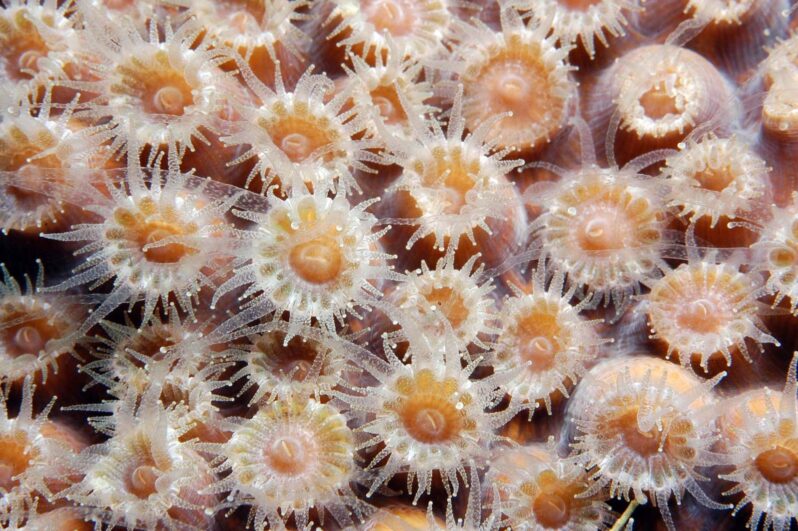
While the Gulf of Mexico is a region known for oil, it’s also home to something far less expected. Nestled among offshore oil platforms, about 150 miles from Houston, is one of the healthiest coral reefs in the world: the Flower Garden Banks National Marine Sanctuary….
Naomi Longa wins 2024 Whitley Award for coral reef conservation in Coral Triangle – Oceanographic Magazine

Last night, the 2024 winners of the Whitley Awards were announced in London. Amongst other grassroot activists, Naomi Longa was given the prestigious award for her inspiring work with the Sea Women of Melanesia…
What Causes Sea Level Rise? – NASA Space Place

People have been measuring local sea level at certain locations along the coasts for hundreds of years. And NASA has been measuring the global sea level for almost three decades. Over this time, scientists have observed that the global sea level has been rising. The ocean is about 7 to 8 inches higher now than it was a century ago. Why? Because Earth is getting warmer…
‘Like wildfires underwater’: Worst summer on record for Great Barrier Reef as coral die-off sweeps planet – CNN World
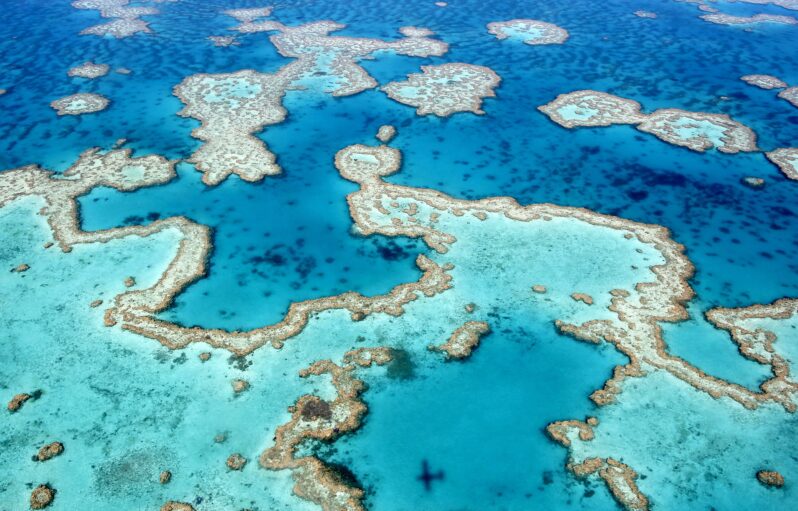
Rising sea temperatures around the planet have caused a bleaching event that is expected to be the most extensive on record…
Great Barrier Reef’s worst bleaching leaves giant coral graveyard: ‘It looks as if it has been carpet bombed’ – the Guardian
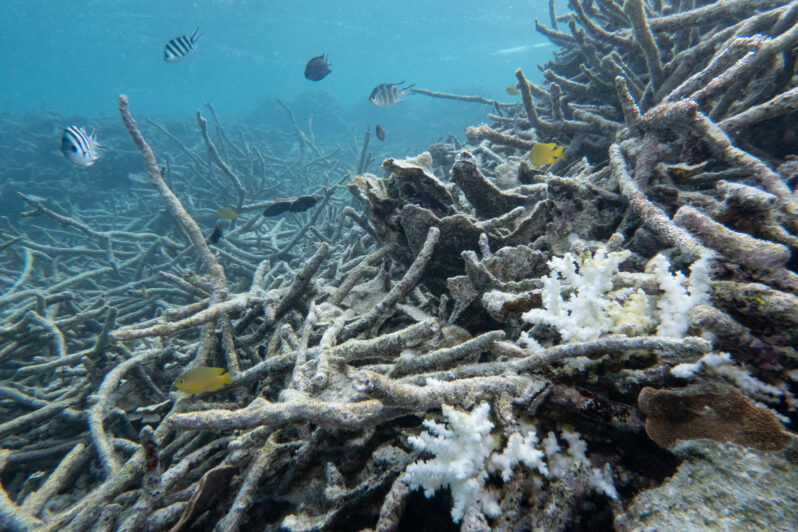
Last month the Australian Institute of Marine Science and the Great Barrier Reef Marine Park Authority released a report warning that the reef was experiencing “the highest levels of thermal stress on record”. The authority’s chief scientist, Dr Roger Beeden, spoke of extensive and uniform bleaching across the southern reefs, which had dodged the worst of much of the previous four mass bleaching events to blight the Great Barrier Reef since 2016…
Corals are bleaching in every corner of the ocean, threatening its web of life – the Washington Post
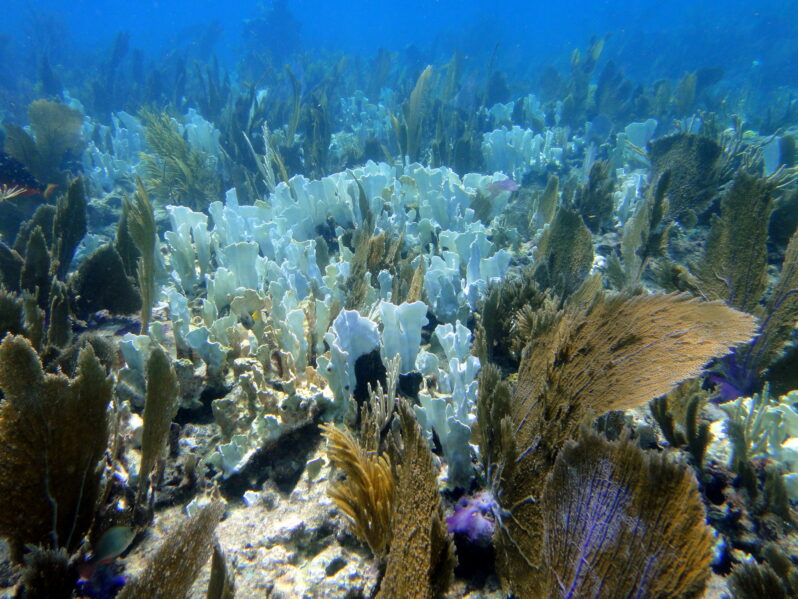
First around Fiji, then the Florida Keys, then Australia’s Great Barrier Reef, and now in the Indian Ocean. In the past year, anomalous ocean temperatures have left a trail of devastation for the world’s corals, bleaching entire reefs and threatening widespread coral mortality — and now, scientists with the National Oceanic and Atmospheric Administration and International Coral Reef Initiative say the world is experiencing its fourth global bleaching event, the second in the last decade…
The Widest-Ever Global Coral Crisis Will Hit Within Weeks, Scientists Say – the New York Times
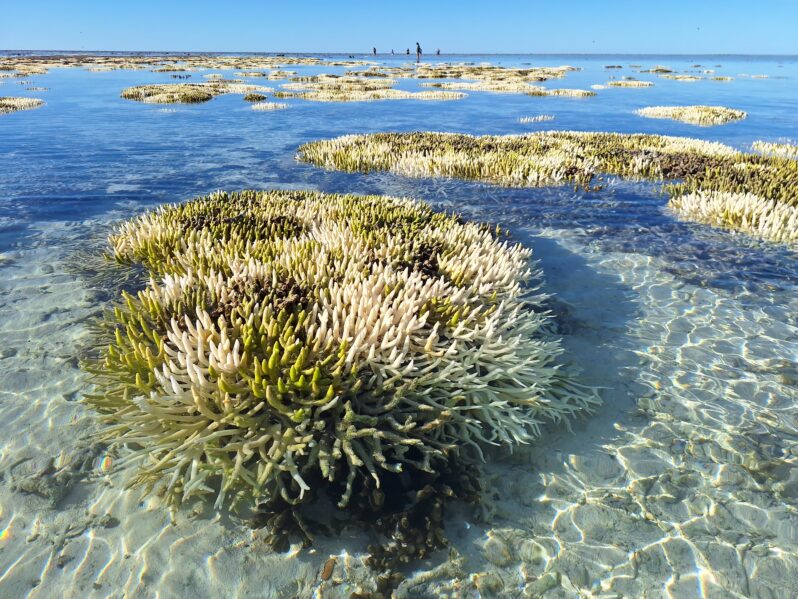
The world’s coral reefs are in the throes of a global bleaching event caused by extraordinary ocean temperatures…It is the fourth such global event on record and is expected to affect more reefs than any other. Bleaching occurs when corals become so stressed that they lose the symbiotic algae they need to survive. Bleached corals can recover, but if the water surrounding them is too hot for too long, they die…
Climate change is rewiring fish brains — and probably ours, too – Grist Magazine

Acidifying oceans are leading to sensory loss in fish. Scientists fear people might be next…
A climate Q&A with coastal geologist Gary Griggs – Pacifica Tribune

A startling rise in sea-surface temperatures suggests that we may not understand how fast the climate is changing…
